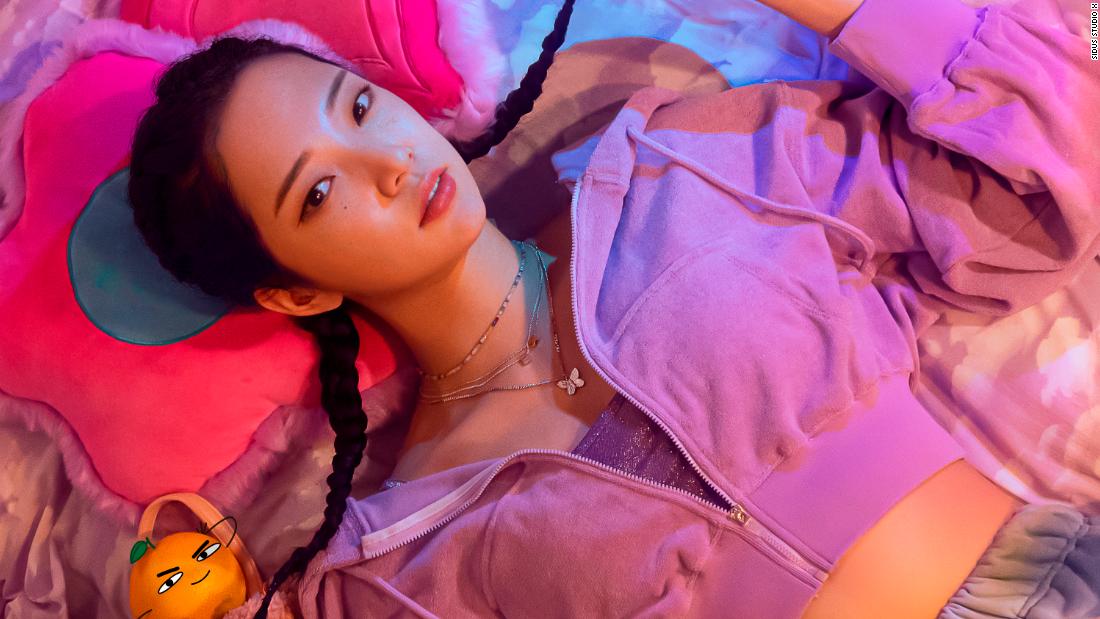According to the Seoul-based company that created her, Rozy is a blend of all three who straddles the real and virtual worlds.
She is "able to do everything that humans cannot ... in the most human-like form," Sidus Studio X says on its website.
That includes raking in profits for the company in the multibillion-dollar advertising and entertainment worlds.
Since her launch in 2020, Rozy has landed brand deals and sponsorships, strutted the runway in virtual fashion shows and even released two singles.
And she's not alone.
The "virtual human" industry is booming, and with it a whole new economy in which the influencers of the future are never-aging, scandal-free and digitally flawless -- sparking alarm among some in a country already obsessed with unobtainable beauty standards.
Hellworld
It also helps that, compared to some of their real-life counterparts, these new stars are low-maintainance.
That's the dream.
And, perhaps just as important: virtual influencers never age, tire or invite controversy.
Where is the fun then?
Lee Eun-hee warned that virtual influencers like Rozy and Lucy could be making Korea's already demanding beauty standards even more unattainable -- and heightening the demand for plastic surgery or cosmetic products among women seeking to emulate them.
Truly Hellworld



In a weird way, it feels like a good turn. Part of why beauty standards of celebrities eat away at your brain is that they are real people, and there is some sense in which you hypothetically could successfully emulate them, even if it would require different material conditions. Even that conclusion is a little fraught, but it remains.
In the case of virtual people, you can literally just write them off as fake and inhuman because they are. It's like comparing yourself to a sculpture or a cartoon.
People already do this
This assumes the creators and operators will be honest and upfront about these things. Who's to say that, knowing virtual humans would probably command less influence when the novelty wears off due to wider adoption, they won't pass them off as real people? Now we've got legions of unattainably beautiful people that are very hard to conclusively prove as human or digital without profound effort, which is not plausible to devote to every new personality cropping up on Instagram or whatever.
That aside I also don't agree that knowing about the digital fakery would prevent negative self-comparison. We already know that celebrities and models don't actually look the way they do on magazine covers, but the constant bombardment with these perfect faces and bodies is still wreaking havoc on self-perception, especially among the target demo of young girls.
deleted by creator